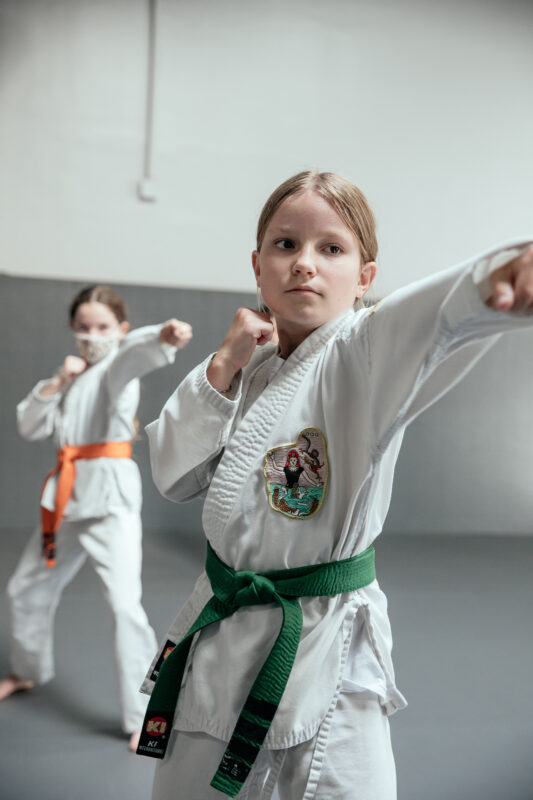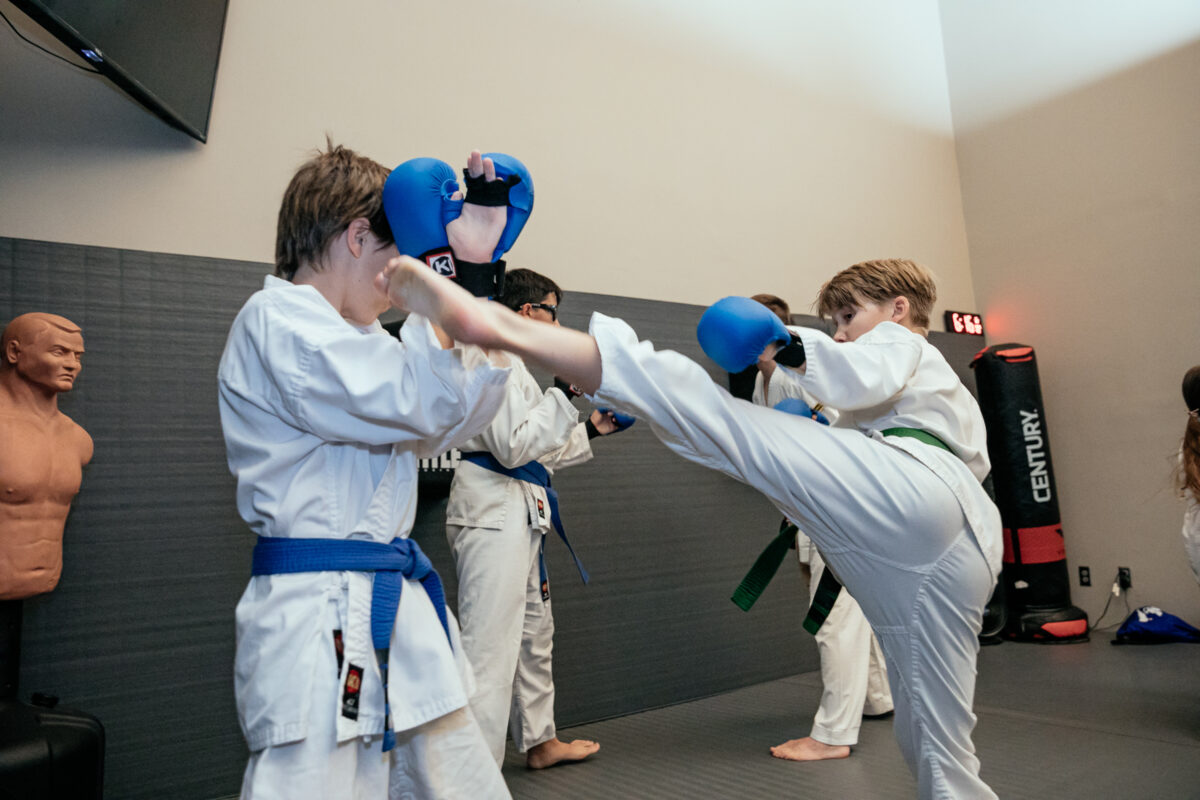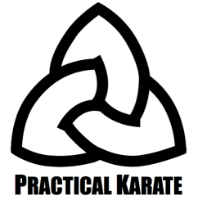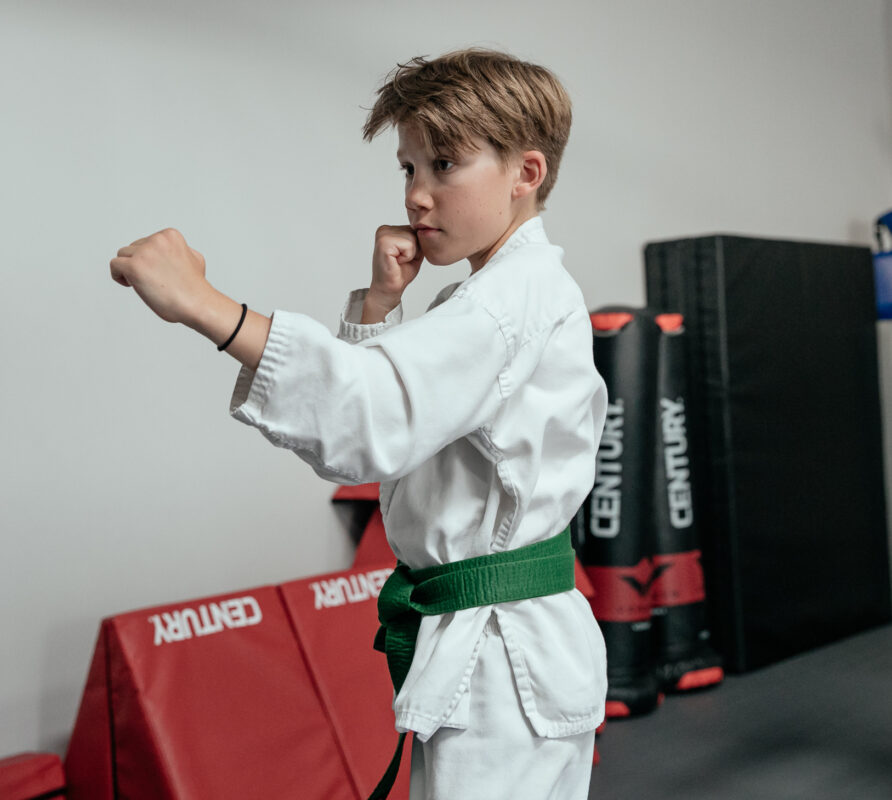Martial Arts
Why Every Teenager Should Learn Martial Arts
In today’s world, teenagers face an increasing number of physical, emotional, and social challenges. Between the pressures of school, social media, and peer relationships, it’s easy for a young person to feel unsure of themselves or struggle with self-confidence. That’s why it’s important to learn martial arts, especially at Practical Karate in San Diego. Karate is one of the most beneficial activities a teenager can pursue. Under the expert guidance of instructors who emphasize both practical self-defense and personal development, teens gain more than just the ability to protect themselves; they learn how to project confidence, de-escalate conflict, and handle themselves with control if a confrontation ever turns physical.
Building Real Self-Confidence Through Discipline and Achievement
True self-confidence doesn’t come from empty praise or participation trophies—it comes from hard work, consistency, and achievement. At Practical Karate, teens learn that improvement only happens through effort. Every class, they push a little harder, focus a little longer, and refine their technique one repetition at a time. As their skills grow, so does their belief in themselves.
This disciplined process mirrors life itself. When a teen struggles through a tough math problem, a challenging workout, or a social situation, the lessons learned on the mat carry over. They know that if they stay patient, listen, and persevere, they’ll find a solution. The belt-ranking system reinforces this mindset: each rank earned represents months of dedication and personal growth. This steady progression gives teens a tangible sense of accomplishment, helping them see that confidence isn’t given, it’s earned.
The Confidence to Avoid Confrontation
One of the most misunderstood aspects of martial arts is that it teaches aggression or fighting. In reality, the opposite is true. The more confident a teenager becomes in their ability to defend themselves, the less likely they are to seek or escalate confrontation. This is the heart of self-defense—awareness, avoidance, and control.
At Practical Karate, students are taught that the best fight is the one that never happens. Instructors like Sensei Frank McCarroll emphasize verbal skills, emotional control, and situational awareness just as much as physical techniques. Teens learn to read body language, recognize potential danger early, and maintain calm under pressure. When a student knows they can defend themselves if necessary, they no longer feel the need to prove anything through conflict. This quiet confidence becomes visible in the way they carry themselves, speak, and interact with others.

A confident teenager is less likely to be targeted by bullies and more capable of de-escalating tense situations with words and presence. That’s the real power of martial arts—not just knowing how to fight, but knowing when not to.
Practical Self-Defense Skills That Really Work
While emotional intelligence and awareness are vital, there are times when a confrontation can’t be avoided. In these moments, having the ability to protect oneself can make all the difference. Practical Karate is unique in that it combines traditional Karate with elements of judo, wrestling, boxing, and Brazilian Jiu-Jitsu. This blend creates a complete self-defense system that prepares students for real-world situations, not just tournament rules.
A teen at Practical Karate learns to defend against grabs, strikes, and takedowns, and how to escape from dangerous positions. They practice both striking distance control and grappling awareness, so they’re prepared whether a confrontation happens standing or on the ground. Just as importantly, they train how to respond with appropriate force—enough to stop a threat but without unnecessary aggression. The goal isn’t to hurt others; it’s to stay safe and get home unharmed.
These realistic, scenario-based drills help teenagers understand how adrenaline affects the body and how to stay calm under stress. When their heart races and fear sets in, they’ve already experienced controlled versions of those emotions in training. That preparation can make a life-saving difference in a real emergency.
Developing Emotional Control and Resilience
Teenagers often struggle with strong emotions—anger, fear, anxiety, and frustration. Martial arts training gives them a structured way to channel those feelings productively. Every punch, kick, or throw is a chance to release tension while learning focus and restraint.
Instructors at Practical Karate guide students to transform frustration into determination. They learn to breathe through stress, to think before reacting, and to respect both their own emotions and those of others. Over time, they develop emotional regulation—the ability to stay centered even when the world around them feels chaotic. That’s an invaluable skill for dealing with peer pressure, exams, relationships, and the many stressors of teenage life.
When teens experience setbacks, whether failing a belt test, losing a sparring match, or making a mistake—they’re encouraged to view these as part of the journey. Failure becomes a teacher, not a verdict. This mindset builds resilience, helping them face the inevitable challenges of adulthood with strength and composure.
Positive Mentorship and a Supportive Community
Another powerful reason teenagers thrive at Practical Karate is the sense of community and mentorship. Instructors like Frank McCarroll bring not only decades of martial arts experience but also a background in education and youth development. They understand how to reach teenagers on a personal level, challenging them when needed, supporting them when they struggle, and celebrating their growth.
The dojo environment fosters mutual respect and teamwork. Older students mentor younger ones, and everyone learns the importance of leadership and accountability. Teens quickly discover that martial arts is not an individual sport—it’s a shared journey where progress happens together. This sense of belonging can be especially meaningful for teens who might feel disconnected or unsure of where they fit in elsewhere.
Through consistent practice and positive peer relationships, students develop healthy friendships built on shared values like respect, discipline, and perseverance. These relationships often extend beyond the dojo, giving teens a support network that encourages good choices in and out of class.

Building Character That Extends Beyond the Dojo
At its core, Practical Karate isn’t just about teaching kicks and punches—it’s about shaping character. The lessons teens learn on the mat naturally carry into every aspect of life: how they study, how they treat others, and how they approach challenges. The dojo becomes a place where life skills are learned through action.
Students are constantly reminded of core values such as respect, honesty, humility, perseverance, and courage. They learn that true strength lies not in domination, but in self-mastery. The discipline to show up, the humility to learn, and the courage to do what’s right—these are the traits that define martial artists, and they’re the same traits that make responsible, confident young adults.
When parents enroll their teenagers in Practical Karate, they’re not just signing up for a physical activity; they’re investing in their child’s long-term development as a confident, capable, and compassionate person.
Confidence, Control, and Character
Every teenager deserves to feel safe, capable, and confident in who they are. In a world where many young people struggle with self-doubt, anxiety, and peer pressure, martial arts training offers a powerful antidote. At Practical Karate in San Diego, teens develop the confidence to avoid confrontation, the skills to protect themselves if necessary, and the character to make positive choices in life.
By training their mind and body together, students learn to stand tall, not just physically, but mentally and emotionally. They don’t seek conflict, but they aren’t afraid of it either. They embody calm confidence—the kind that commands respect and inspires peace.
That’s why every teenager should experience martial arts training at Practical Karate. It’s not just about learning to fight—it’s about learning to live with strength, confidence, and integrity.


